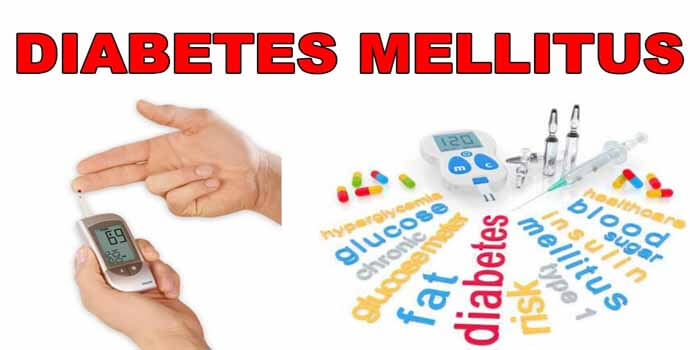If anyone continuously experiences a high concentration of blood sugar, then they’re supposed to suffer from Diabetes. It is mainly defined as the metabolic disorder in which the human body experience elevated blood glucose level than the average blood glucose level. Based on the WHO report more than 105 million people lost their lives in 2012 due to this fatal disease.
Two hormones called Insulin and Glucagon mainly controls the concentration of the blood glucose level. The Pancreas releases these hormones. The Beta (β) cell of the Pancreas release Insulin where the alpha (α) cell Glucagon. It is proven that both of these hormones act opposite to each other, i.e., antagonistic to each other.
When the human blood has increased glucose level the beta (β) cell of Pancreas release insulin which reduces the concentration of the glucose in the blood whereas when the body has a low concentration of blood sugar than the alpha (α)cell of the Pancreas release Glucagon which maintains the normal or healthy blood sugar level.
What Are Type of Diabetes?
This metabolic illness is also known as Diabetes Mellitus, and it is mainly categorized into three groups which are listed below:
-
Insulin Dependent Diabetes Mellitus
The insulin-dependent Diabetes Mellitus is also referred to as Type 1 Diabetes. The Type 1 diabetes mainly occurs due to the loss of beta (β) cell which is responsible for the production of insulin. The autoimmune disease and a genetic disorder is also the leading cause of the Type 1 Diabetes.
-
Non-Insulin Dependent Diabetes Mellitus
This type of diabetes mainly occurs due to the insulin resistance, i.e., the cell of the body fails to respond toward the insulin due to which the blood glucose level increase continuously to the normal/average level. Thus it is regarded as non-insulin dependent diabetes mellitus. The leading cause of non-insulin dependent diabetes is high body weight, lack of sufficient exercise, and many more. This kind of diabetes is also known as Type 2 diabetes.
-
Gestational Diabetes
In some case of the pregnancy could be mother experience elevated blood sugar level without any previous medical history diabetes. This kind of diabetes is called Gestational Diabetes.
Diabetes Mellitus Symptoms
Diabetes has many symptoms out of which some are listed below:
- Hyperglycemia, it is defined as the condition when the body glucose level is higher than the average glucose level
- Increased frequency of Urination
- the urge for drinking water increases
- Increased hunger
- Chronic Kidney Disease
- Stroke
- Cardiovascular Diseases
Some Natural Tips To Reduce Elevated Blood Sugar Level
The elevated blood glucose level can be reduced naturally. Here is the list of some home remedies to prevent diabetes.
Regular Exercise
Regular exercise helps you to reduce your body weight which increase the insulin sensitivity; it means your body will regulation of blood sugar level smoothly. During the practice your muscle also uses blood glucose for energy & muscle contraction; thus it lowers the body glucose concentration.
Prevent Yourself From Dehydration
Drinking sufficient amount of water helps you to maintain your blood glucose concentration within the reasonable limits. Drinking a high amount of water helps your kidney to removes the excess level of blood sugar from the body through urination.
Track Crab Intake
Your body converts carbohydrates into sugar. When the carbohydrates reached into the blood,at the same time insulin comes into play and moves the sugar into the cell. When you consume a high concentration of carbohydrates, this process gets failed which results in the high blood sugar level.
Avoid stress& get enough Sleep
It is stated that the stress affects body glucose level because some of the hormones such as Glucagon activity get disturbed and it leads to the high level of glucose level in the blood. Hence you should take proper sleep because a sufficient amount of sleep improves your overall health.
Increase Fiber Intake In Your Diet
Fibre is crucial for the human body, and it is recommended to take, 25-gram fibre (female) and 38 gram for male, each day. A healthy person should receive 14-gram fibre with each 1000 calorie to live healthily.
Till date there is no proper treatment for diabetes; hence following a proper diet is the only solution for this. Thus plan your diet or consult with your doctor and say no to diabetes.
